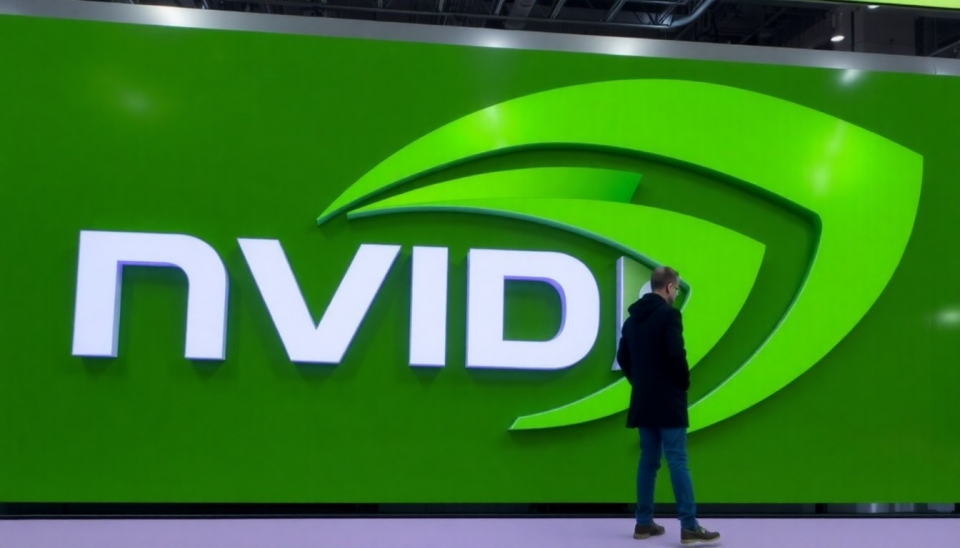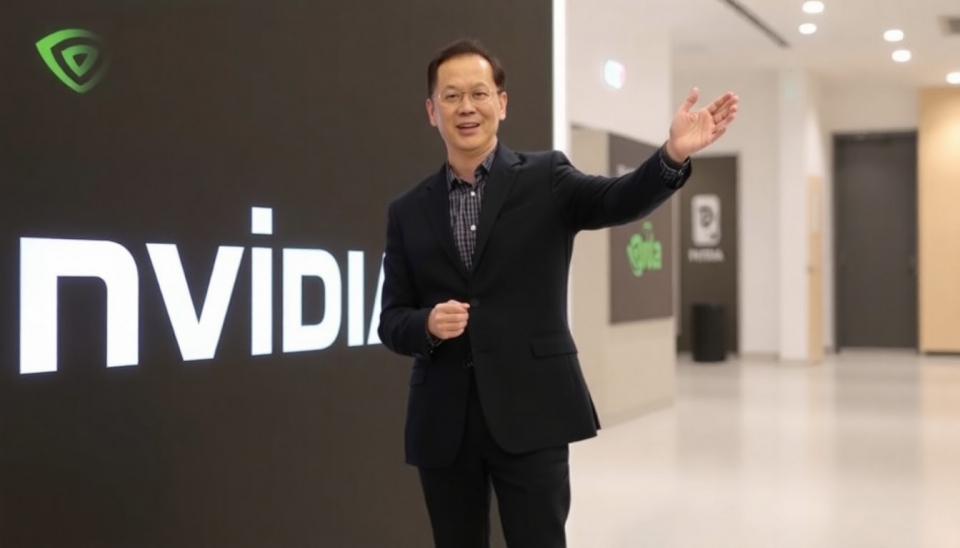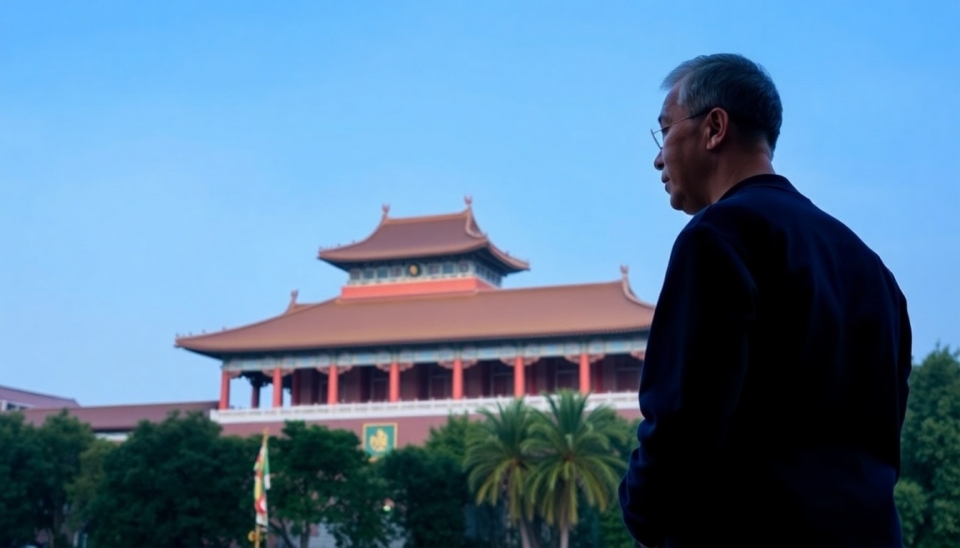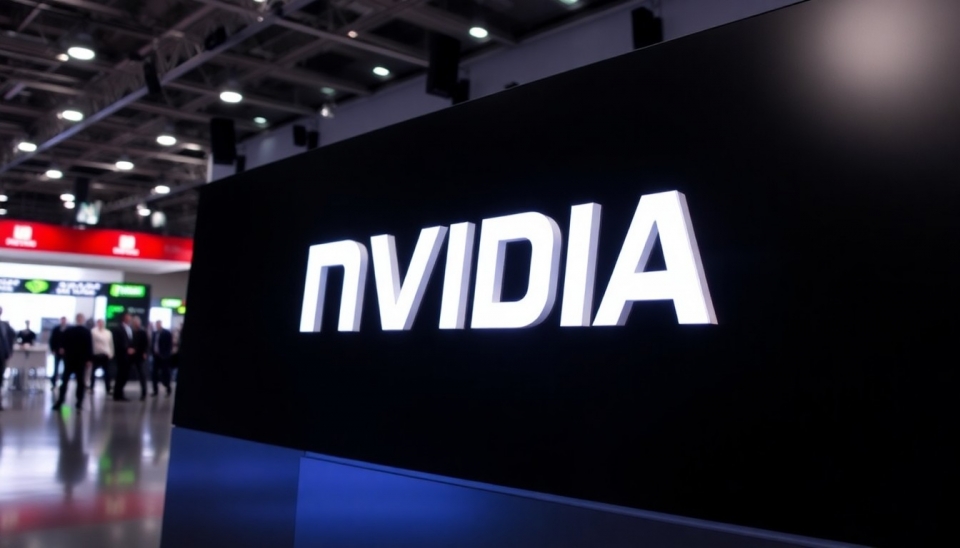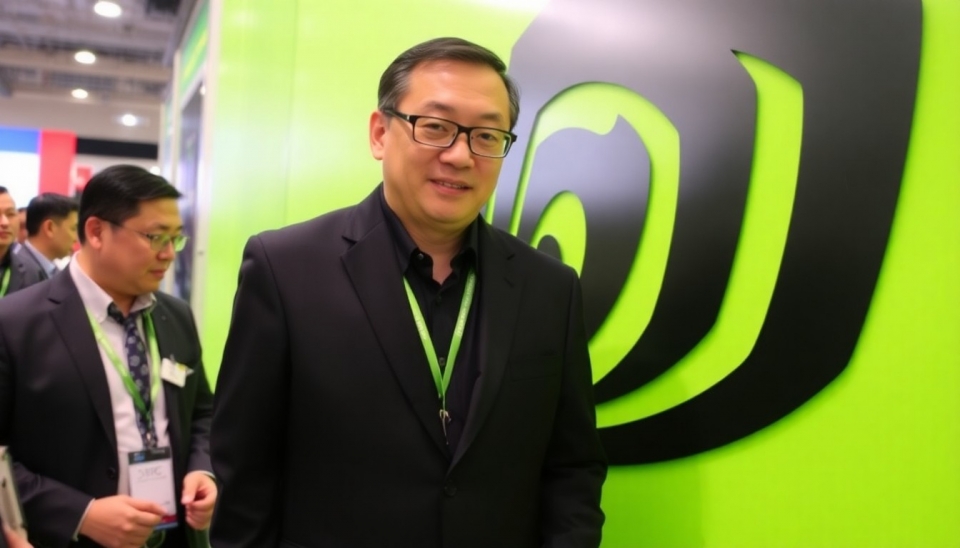
In a significant move that could influence the future of artificial intelligence and semiconductor industries, Nvidia CEO Jensen Huang has commenced a tour in China during an ongoing antitrust investigation in the country. This visit comes at a critical time when the Chinese government is imposing stricter regulations on technology firms, particularly concerning AI and large-scale data management.
Huang's trip is emblematic of the delicate balance between navigating business relations in one of the world's largest technology markets and adhering to the evolving regulatory landscape. His itinerary includes meetings with key industry leaders, stakeholders, and potential partners, showcasing Nvidia's commitment to boosting its presence in China despite the increasing scrutiny from Chinese authorities.
The antitrust probe being conducted in Beijing has raised concerns among various tech companies operating within the region, particularly foreign corporations that are heavily entrenched in AI advancements. These regulations are largely focused on controlling the proliferation of AI technologies, potentially stifling innovation within China's burgeoning tech industry.
Despite these challenges, Huang remains optimistic about the potential for collaboration between Nvidia and Chinese firms. He acknowledged the vital role that strategic partnerships with local companies could play in enhance Nvidia’s reach and capabilities in AI development. This comes in light of a broader strategy to foster technological cooperation while navigating the choppy waters of regulatory compliance.
Industry experts suggest that Huang's presence in China sends a dual message of resilience and resolve. On one hand, it demonstrates Nvidia's intent to continue engaging with the Chinese market, while on the other, it reflects the necessity for companies to strategically maneuver through a tightening regulatory framework. Analysts are closely watching how Huang's discussions may pave the way for significant developments in AI technology and collaboration.
The ongoing antitrust regulations are part of a broader initiative by the Chinese government to rein in its tech giants, particularly amidst rising concerns related to monopolistic practices and data security. This underscores the imperative for foreign investors, like Nvidia, to build robust relationships with local entities while adhering to the new compliance measures being enforced by regulatory bodies.
As the visit progresses, it remains to be seen how Nvidia will adapt its strategies in response to the regulatory challenges in China. The potential outcomes of Huang's meetings could not only affect Nvidia's operations but also have ripple effects across the global tech landscape, particularly in AI development and innovation practices.
With China at the forefront of AI advancements, the outcome of this visit could be pivotal for Nvidia in solidifying its position in a competitive market that is constantly evolving in response to government policies and consumer demands.
In conclusion, as Huang ventures through this complex regulatory environment, the technology world watches with keen interest, waiting to see how these dynamics will unfold and shape the future of AI collaboration between Nvidia and Chinese tech firms.
#Nvidia #JensenHuang #ChinaTechnology #AI #Antitrust #Semiconductors #TechNews #ArtificialIntelligence #RegulatoryCompliance
Author: Emily Collins
